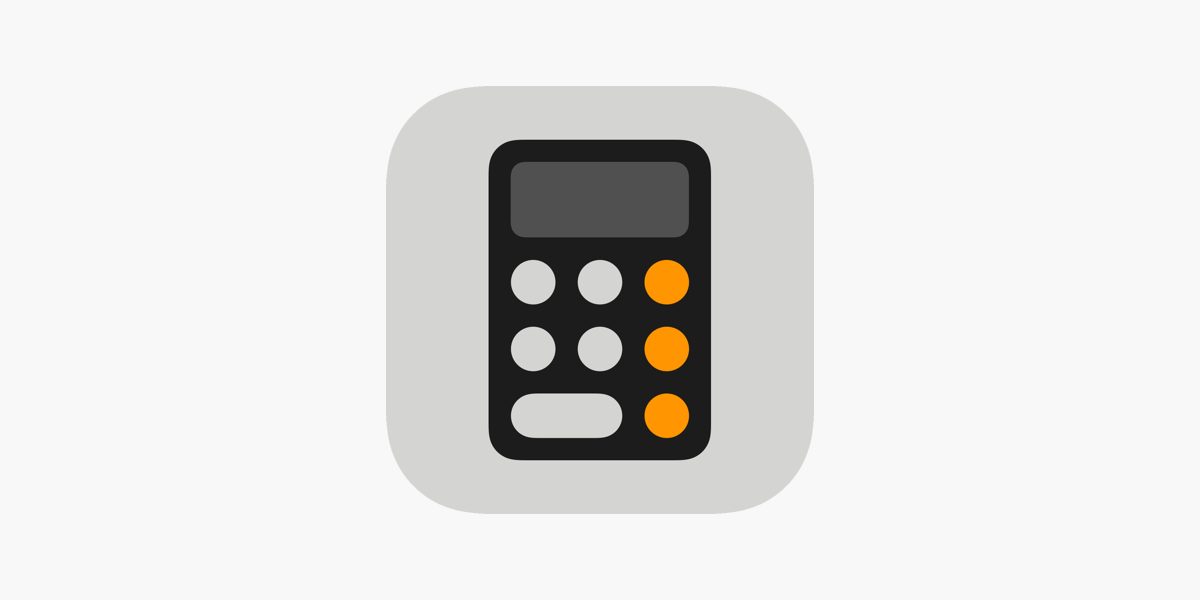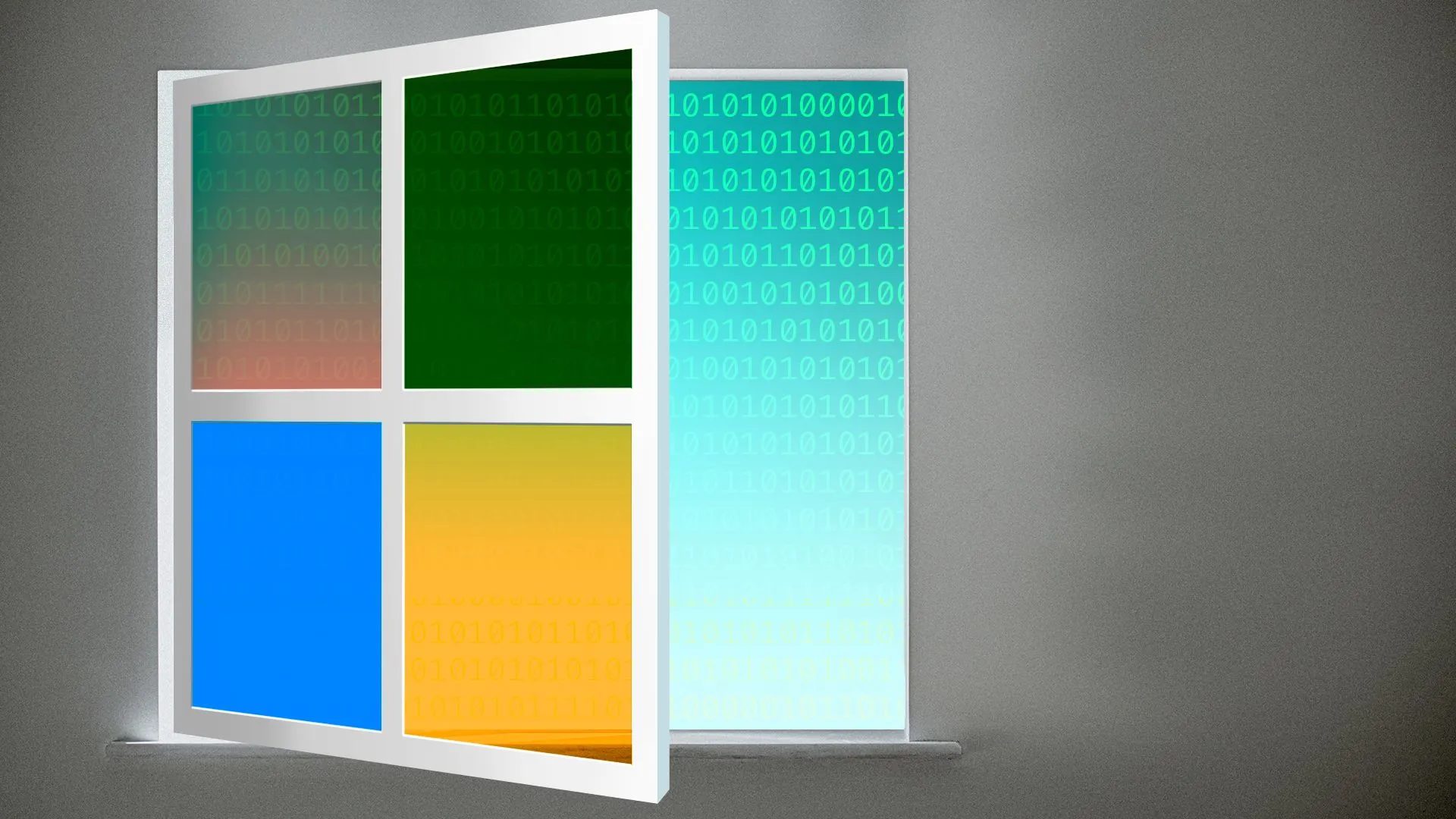
WHO Now Considers ‘Gaming Disorder’ a Mental Health Condition

The World Health Organization has announced “gaming disorder” is now officially a mental health condition. This was made official as a part of their 11th edition of the International Classification of Diseases document (ICD-11).
ICD-11 has defined “gaming disorder” to fall into three specific behaviours:
- Impaired control over gaming (e.g.: frequency, intensity, duration, etc.)
- Increased priority is giving to gaming over other life interests and daily activities
- Continuous or escalation of gaming despite the occurrence of negative consequences
The document also outlines how to diagnose the disorder:
“The behaviour pattern is of sufficient severity to result in significant impairment in personal, family, social, educational, occupational or other important areas of functioning. The pattern of gaming behaviour may be continuous or episodic and recurrent. The gaming behaviour and other features are normally evident over a period of at least 12 months in order for a diagnosis to be assigned, although the required duration may be shortened if all diagnostic requirements are met and symptoms are severe.”
The formalization of “gaming disorder” has been faced with a lot of backlash across the game industry. In a statement released today, which was co-signed by the ESA, ESAC, EGDF, IESA, IGEA, ISFE, K-GAMES, and UBV&G, reads:
“Videogames across all kinds of genres, devices and platforms are enjoyed safely and sensibly by more than 2 billion people worldwide, with the educational, therapeutic, and recreational value of games being well-founded and widely recognized. We are therefore concerned to see ‘gaming disorder’ still contained in the latest version of the WHO’s ICD-11 despite significant opposition from the medical and scientific community. The evidence for its inclusion remains highly contested and inconclusive.
We hope that the WHO will reconsider the mounting evidence put before them before proposing inclusion of ‘gaming disorder’ in the final version of ICD-11 to be endorsed next year. We understand that our industry and supporters around the world will continue raising their voices in opposition to this move and urge the WHO to avoid taking steps that would have unjustified implications for national health systems across the world.”
Seeing as the ICD-11 has not been finalized, the Association for UK Interactive Entertainment (UKIE) explained that the content may be amended over the next year. Whether ICD-11 will be amended to reflect these arguments remains to be seen.
[via Time]

